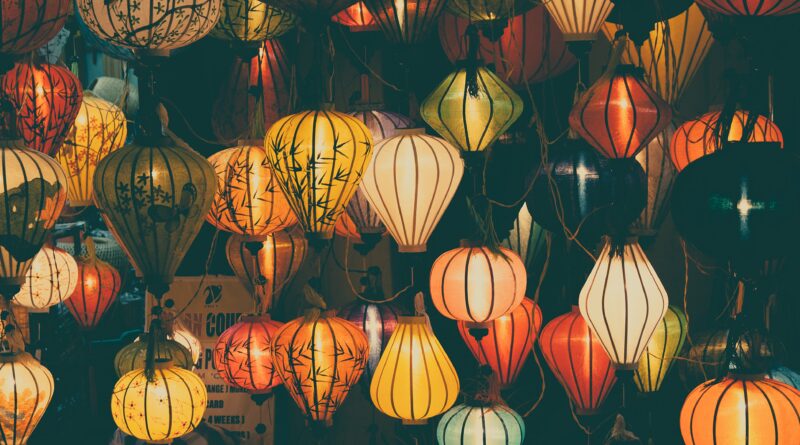Tsukiyo ni Chōchin (月夜に提灯 – Unnecessary)
Tsukiyo ni Chōchin
月夜に提灯
Unnecessary or useless things are sometimes described as tsukiyo ni chōchin (月夜に提灯) in Japanese.
不必要なことや、役に立たないことを、「月夜に提灯」と表現することがあります。
Since tsuki (月) means “moon,” yo (夜) means “night,” and chōchin (提灯) means “(traditional Japanese) lantern,” the literal meaning of tsukiyo ni chōchin is “a Japanese lantern on a moonlit night.”
「月」は “moon”、「夜」は “night”、「提灯」は “(traditional Japanese) lantern” を意味するので、「月夜に提灯」の文字どおりの意味は “a Japanese lantern on a moonlit night” となります。
“Moonlit night” here refers to “a night with a full and bright moon.”
ここで「月夜」は、特に「月の明るい夜」や「満月の夜」を表しています。
Such a night is already bright enough, so lanterns are unnecessary.
月夜は十分明るいので、「提灯」は「不必要」であるということです。
However, in my opinion, a scene with a traditional Japanese lantern on a moonlit night is atmospheric and attractive.
ただ、個人的には月夜に提灯は、風情があり悪くないように思います。




